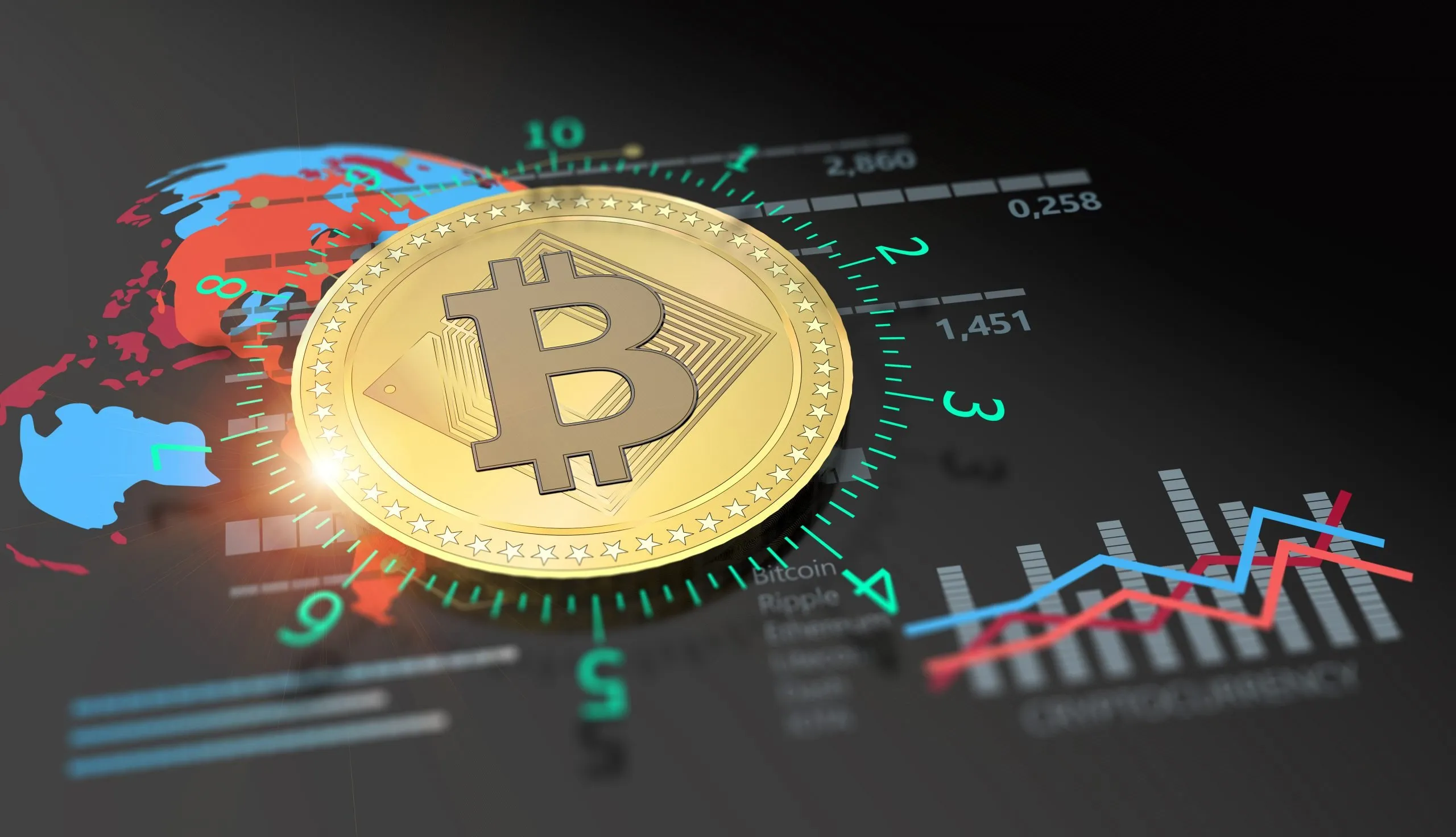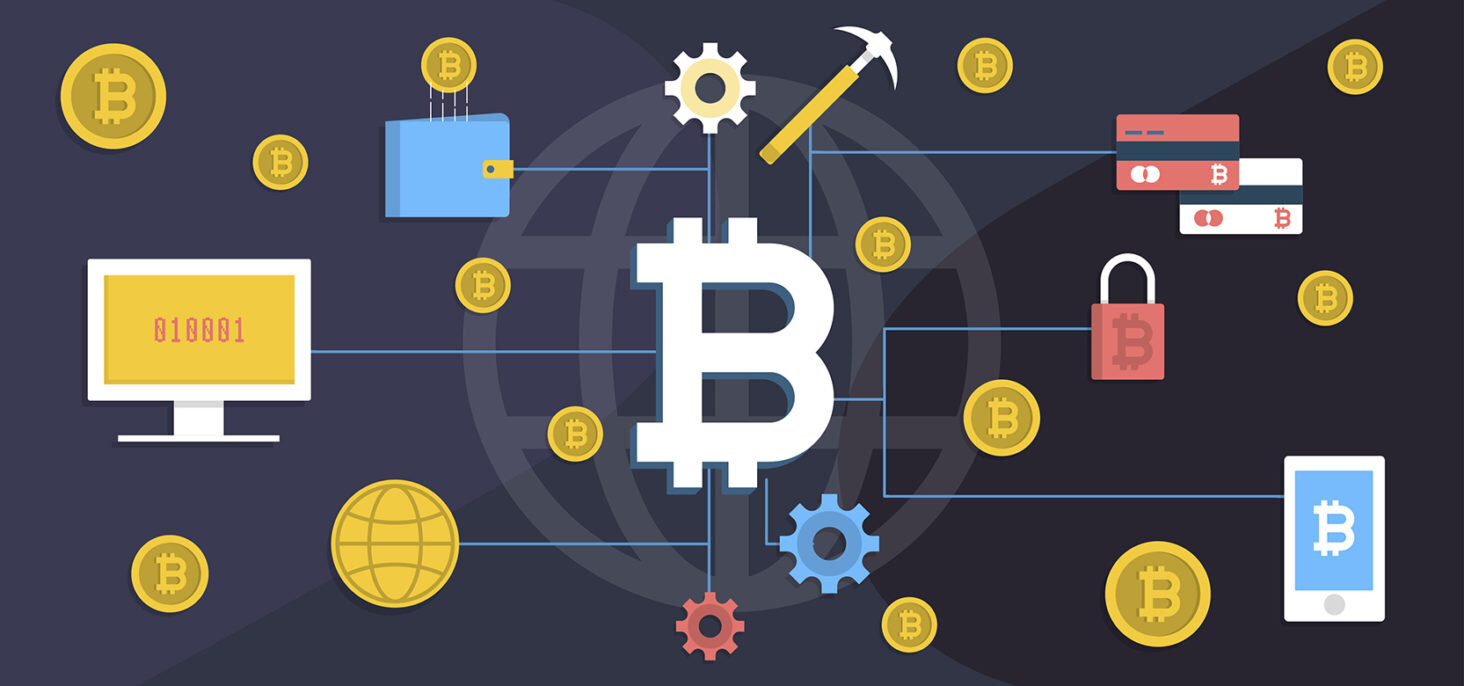A rift has opened up in the banking sector after David Solomon, CEO of Goldman Sachs, voiced his scepticism that Bitcoin may eventually supplant the US dollar as the world’s reserve currency. Ethereum’s Position as a Reserve Currency Despite the rise of cryptocurrencies and Bitcoin’s popularity as an alternative asset, Solomon is still pessimistic about the potential of digital assets like Bitcoin to compete with established fiat currencies like the US dollar. His remarks add to the ongoing discussion over the future of money and Bitcoin’s role in the international monetary system.
Bitcoin’s Rise and Value Storage Potential
From an enigmatic online experiment to a major player in international finance since 2009, Bitcoin has come a long way. Bitcoin has evolved beyond its original purpose as an online payment system and speculative investment in the cryptocurrency industry. Most people now consider Bitcoin a haven for their money and a hedge against inflation. Bitcoin has firmly established itself as “digital gold,” an asset that can protect its owner from the unpredictable financial markets, thanks to institutional investment, Bitcoin ETFs, and a price increase.

Diversifying assets by large corporations, hedge funds, and even nation-states have contributed to Bitcoin’s rising appeal. Elon Musk of Tesla and Michael Saylor of Bitcoin’s Reserve Currency Status MicroStrategy have both openly backed Bitcoin’s ability to store value in the long run. Cryptocurrency has sparked discussions about the future of money in response to inflation worldwide and monetary policies implemented by central banks.
Continued US Dollar Dominance
Solomon’s comments emphasise the US dollar’s global financial dominance despite Bitcoin’s rise. The US dollar has supported worldwide trade and banking for decades as the reserve currency. Central banks globally hold enormous amounts of US dollars, and oil and gold transactions are often done in dollars. The dollar is crucial to the global economy as the reserve currency, and many financial analysts expect it to remain so. Bitcoin and other digital currencies struggle to challenge the dollar for many reasons.
US government backing ensures the dollar’s stability and value. The Federal Reserve controls interest rates, inflation, and dollar supply to maintain economic stability. Bitcoin’s Reserve Currency Status Large economy, strong financial institutions, and political stability boost the US dollar’s global status. US dollar liquidity and infrastructure make it the global currency. Bitcoin remains risky and unpredictable, but its popularity has made it a more accepted payment method. Bitcoin’s volatility makes it a poor store of value or currency.
David Solomon’s Skepticism Doubts Bitcoin
David Solomon doubts Bitcoin can compete with the US dollar due to regulatory and practical barriers to mass adoption. Although cryptocurrencies are growing in popularity, they are not yet accepted for everyday purchases. Many governments and banks struggle to regulate Bitcoin and other digital assets. Due to regulatory ambiguity, Bitcoin struggles.

China bans or controls cryptocurrency trade, while others tax it. After being cautious, the US and other Western nations want clearer digital currency laws. Bitcoin cannot threaten fiat currencies like the US dollar unless it is effectively integrated into the global financial system with solid legal and regulatory frameworks. Solm said Bitcoin had practical limitations compared to existing currencies.
Bitcoin’s Reserve Currency Status Scalability issues plague Bitcoin. Bitcoin is resilient and decentralised, but it cannot execute large transactions quickly or cheaply. High demand slows networks and raises fees. US dollar payments are efficient and scalable thanks to credit cards, banking networks, and PayPal. Price fluctuations limit Bitcoin adoption.
Bitcoin and Digital Currency Future
Despite Solomon’s concerns, Bitcoin and other cryptocurrencies are contested. Bitcoin may not soon rival the US currency, but its financial role will change. Due to rising inflation and central bank monetary easing, some analysts think Bitcoin’s value-store role may grow. In countries with shaky financial systems, bitcoin may defend against geopolitical risks and currency devaluation. Governments considering digital currencies are also increasing central bank digital currencies (CBDCs). CBDCs, which combine Bitcoin’s benefits with a central bank’s stability, could change money. Bitcoin may coexist with CBDCs and fiat currencies.
Summary
Bitcoin and other cryptocurrencies have shaken up the global financial system, and many conventional banks are understandably nervous about it (as David Solomon pointed out). Despite Bitcoin’s meteoric rise, the future of money could be influenced by digital assets, traditional currencies, and innovative financial technologies. However, it’s unlikely that it could supplant the US dollar as the world’s reserve currency. Bitcoin’s greatest potential lies in its dual role as an inflation hedge and store of value. As the law becomes more clear and technology solves scaling problems, Bitcoin may continue to alter the world of international finance even if it doesn’t supplant the US dollar anytime soon.


